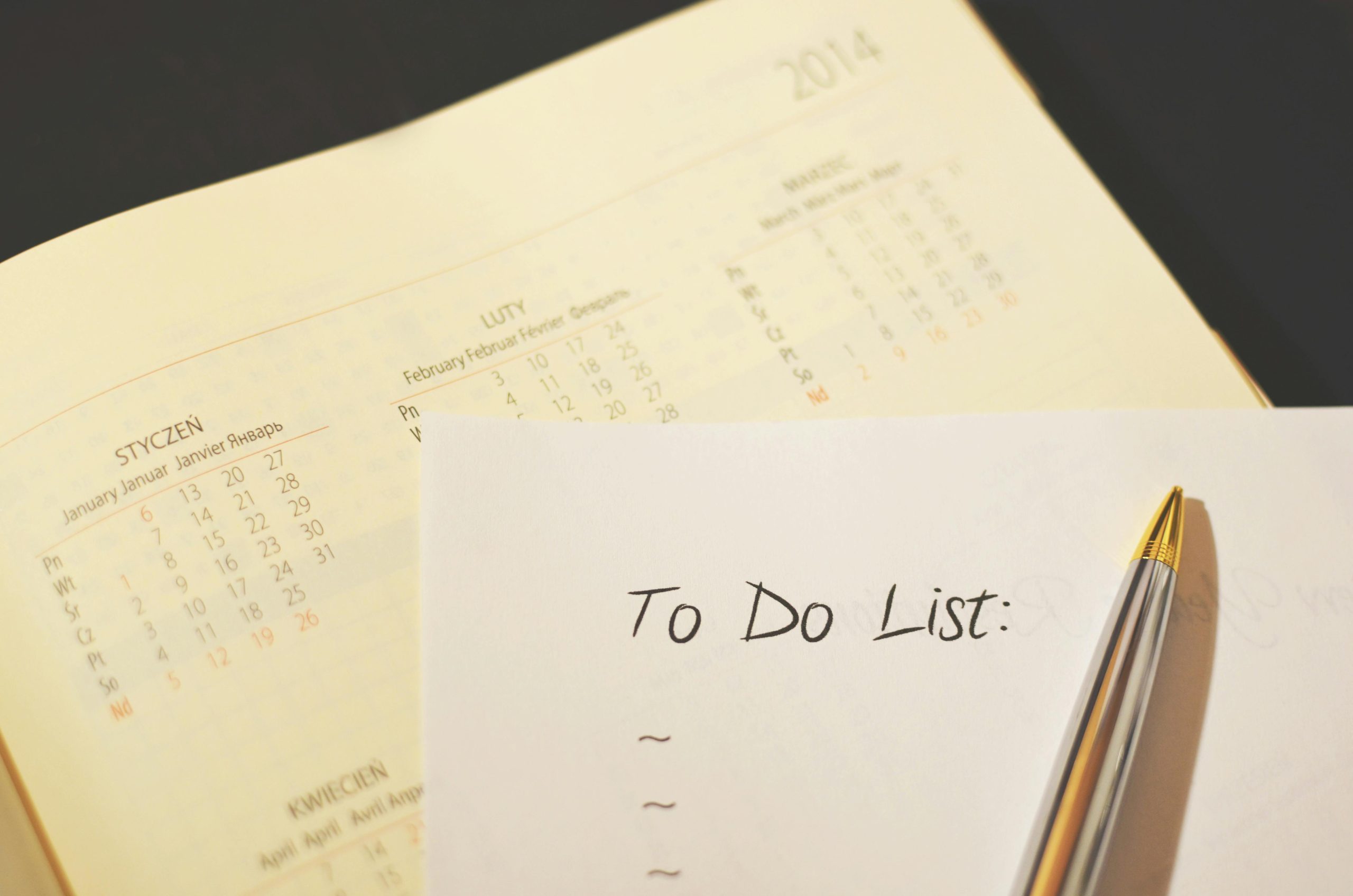Has anyone noticed long-term effects from digital note-taking?
I’m a first-year student and started taking notes on my iPad this winter term using an Apple Pencil, after years of handwriting everything. The shift has made me feel much more organized and focused in class.
However, I’ve also seen my average screen time skyrocket from about 4 hours last term to nearly 9 hours a day (this includes phone use, but not my laptop where I do most of my assignments). I’ve begun to experience more eye strain, occasional memory lapses, and more frequent headaches.
Has anyone else experienced long-term effects from studying and taking notes electronically? If so, what strategies have you used to mitigate these issues?
Thanks for your input!

It’s great to hear that you’re finding digital note-taking helpful for organization and focus! However, it’s important to pay attention to the potential side effects you’ve mentioned. Many people have reported similar experiences when increasing their screen time, especially with the rise of digital devices for studying.
Here are a few long-term effects you might consider and some tips to mitigate them:
Eye Strain: If your eyes are hurting, you might be experiencing digital eye strain. To combat this, remember to follow the 20-20-20 rule: every 20 minutes, take a 20-second break and look at something 20 feet away. Adjusting the brightness and contrast on your device and using blue light filters can also help.
Memory and Retention: Some studies suggest that typing notes can lead to less effective retention compared to handwriting. To address this, try mixing your methods—using paper for key concepts or summaries while still utilizing your iPad for detailed notes.
Headaches: Frequent headaches can be a result of prolonged screen time and poor posture. Ensure your workspace is ergonomic, maintain good posture, and take breaks to stretch.
Screen Time: Consider setting specific limits on your device usage outside of class and study hours. Apps that track time or limit usage can help you stay mindful of your screen time.
Digital Detox: Schedule regular breaks to do non-screen activities, such as reading a book or going for a walk, which can provide a refreshing break for both your eyes and mind.
Ultimately, everyone’s experience with digital note-taking is different, so continue to observe how it affects you. It might be worthwhile to experiment with a balance between digital and traditional methods to find what works best for you. Good luck with your studies!